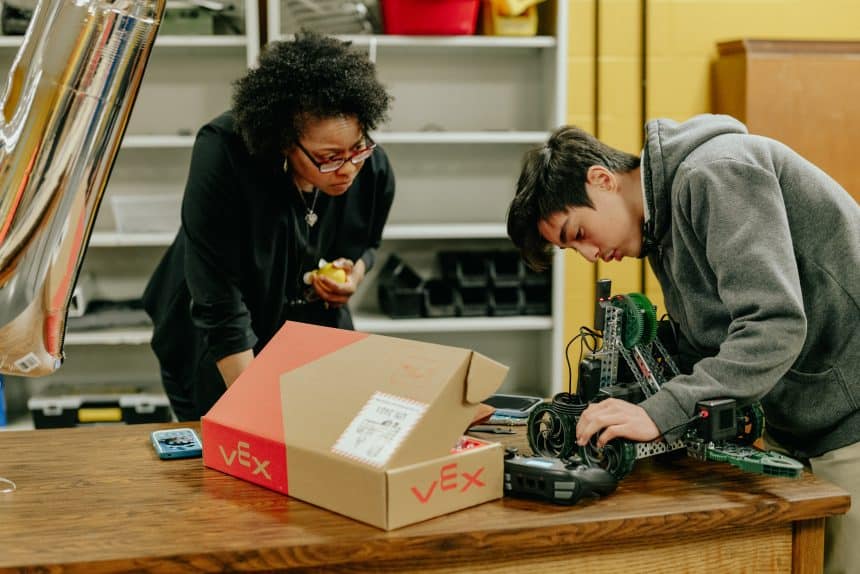The Tennessee Valley Authority (TVA), in partnership with Bicentennial Volunteers, Inc., recently awarded grants to Mississippi schools looking to develop projects in science, technology, engineering, and math (STEM) education.
The total of $1.5 million in grants went to 342 schools in the Tennessee Valley Region, which is largely within Tennessee but stretches to parts of Mississippi, Alabama, Kentucky, Virginia, and North Carolina.
Of the schools receiving funding of up to $5,000, 21 were in Mississippi: Corinth High School, Corinth Middle School, Delta Davidson Elementary School, Fairview Elementary, Hickory Flat Attendance Center, Hills Chapel, Kemper Academy, Kemper County Elementary, Kemper County High School, Leake Central Elementary, Mantachie High School, Millsaps Career and Technology Center, Tremont Attendance Center, Neshoba Central High School, Neshoba Central Middle School, New Hope Elementary, Oxford High School, Prentiss County Career and Technology Center, Weir Elementary, West Amory Elementary, and West Point High School.
“We know STEM teachers across the region are inspiring students to become the workforce of the future, and that’s why it’s so important for TVA to continue to support this grant program,” TVA President and CEO Jeff Lyash said, pointing out that the federal electricity corporation has provided nearly $8 million in STEM grants since 2018.
“Providing additional resources to schools helps provide essential hands-on learning programs that equip students with skills that will help them be successful in whatever they choose to do in life.”
This year’s grantees, which were chosen from an applicant list of 647, will use the funds to meet the diverse needs of local schools, including but not limited to robotic equipment, 3D printing projects, and career pathway initiatives.
“This grant will enable us to create hands-on learning experiences where students can experiment, create, and innovate,” Corinth Middle School STEM teacher Diane Ashcraft said. “We plan to use the funds to purchase circuit kits, robotic components, and software that will allow them to design and code their own projects. We are excited to see the amazing projects and breakthroughs that emerge from this initiative.”
Schools were encouraged to apply for the grants with an emphasis on four areas: environment, energy, economic development, and community problem-solving. Any school receiving power from a local company served by TVA was eligible to apply. More than 130,000 students are expected to benefit from the latest round of grants.








